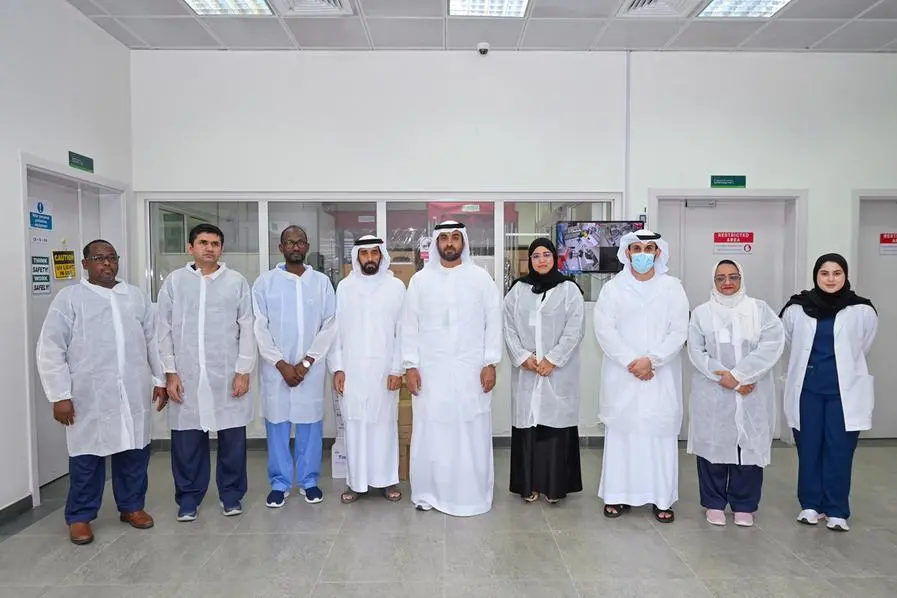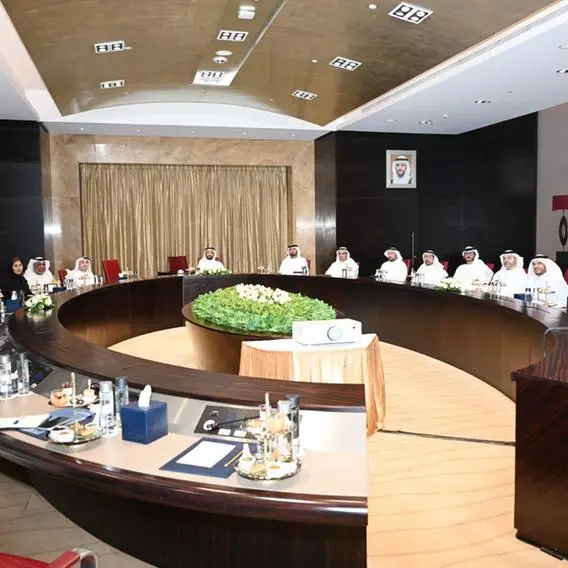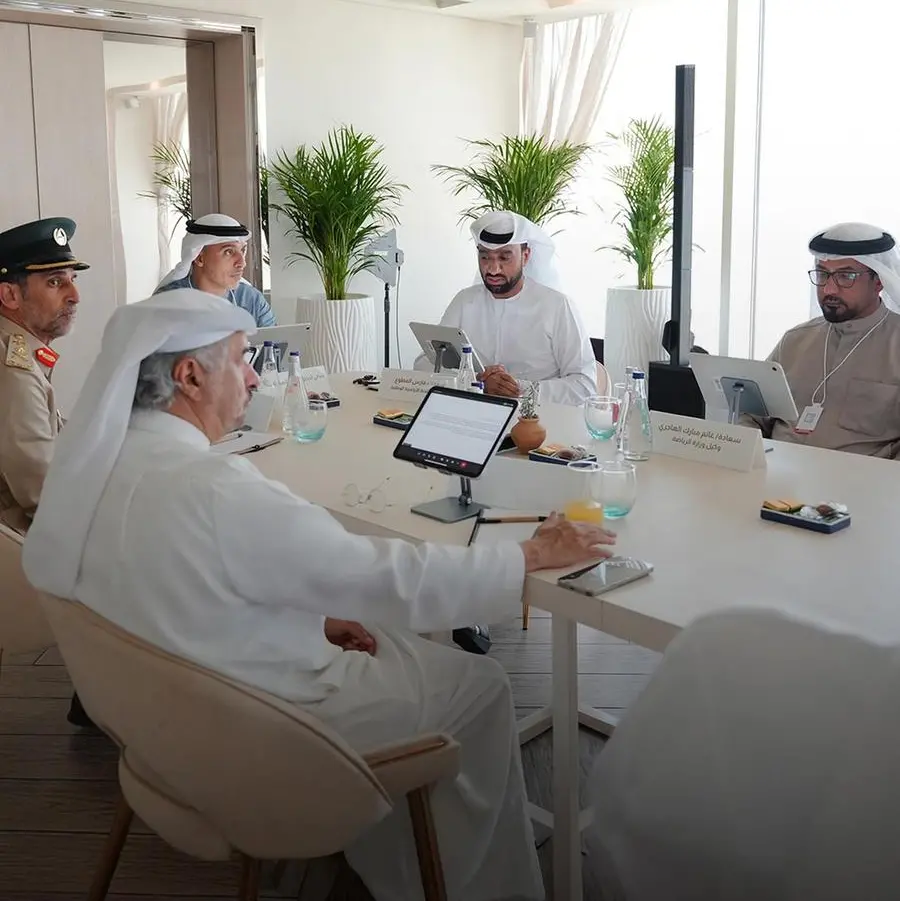PHOTO
Abu Dhabi: At the recommendation of the World Organisation for Animal Health (WOAH) and the Food and Agriculture Organization of the United Nations (FAO), the Ethiopian Ministry of Agriculture has officially requested assistance from the team of experts at the Collaborating Centre for Camel Disease of the Abu Dhabi Agriculture and Food Safety Authority (ADAFSA). This request aims to investigate the mysterious causes behind the death of camels, which is threatening livestock in Ethiopia and several East African countries, especially Sudan, Somalia, and Kenya.
A group of technical experts, including elite specialists from the WOAH Collaborating Centre for Camel Disease, began their visit to Ethiopia in July. They worked with their Ethiopian counterparts to identify the causative agent of this mysterious disease and develop effective prevention and treatment methods.
The Collaborating Centre for Camel Diseases, which is recognized by the WOAH, has extensive experience in diagnosing and treating animal diseases. Its international significance lies in its role as a cornerstone of scientific research and the provision of advanced veterinary services in the field of camel health worldwide. It also plays an active role in combating epidemic diseases affecting camels and helps raise awareness about best practices for camel breeding and care through training programmes, workshops, and international conferences.
According to the official letter received by ADAFSA from the Ethiopian Ministry of Agriculture, over the past two decades, Ethiopia has witnessed extensive camel deaths for unknown reasons. This is a result of the outbreak of a mysterious disease that has caused severe economic and social damage to pastoral communities that rely on camels in their daily lives.
His Excellency Saeed Al Bahri Salem Al Ameri, Director General of ADAFSA, said: "ADAFSA places great importance on combating animal diseases, especially those affecting food security. Our collaboration with WOAH and East African countries in this field is a crucial step in enhancing our joint efforts to maintain animal health and protect livestock."
He further explained, "This collaboration underscores the prestigious position of the United Arab Emirates in the field of biosecurity, thanks to its scientific expertise, infrastructure, and advanced technical equipment. It also reflects our commitment to strengthening international efforts to combat animal diseases and protect animal health globally, particularly those affecting food security."
Al Ameri highlighted that the scientific expertise available at veterinary laboratories and the WOAH Collaborating Centre for Camel Diseases will be of great value in identifying this mysterious disease, controlling it, and mitigating its effects. He affirmed that this mission enhances the leading role of the Abu Dhabi Agriculture and Food Safety Authority in combating animal diseases internationally.




















